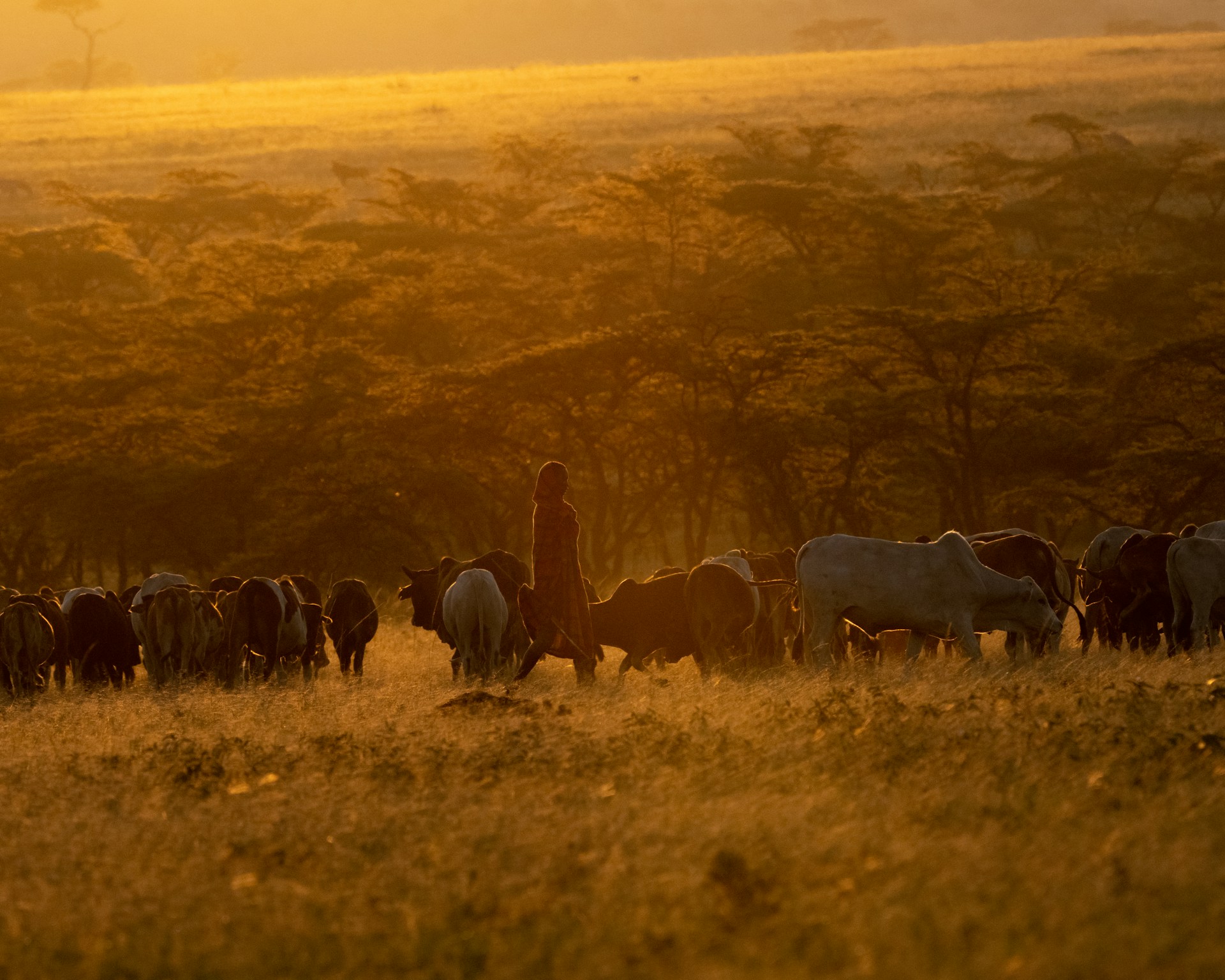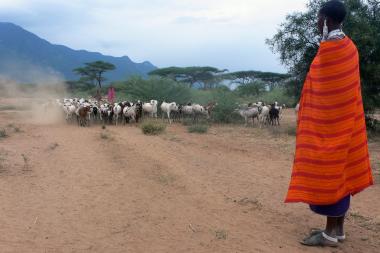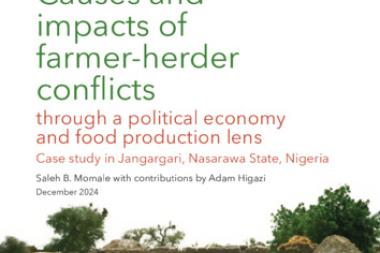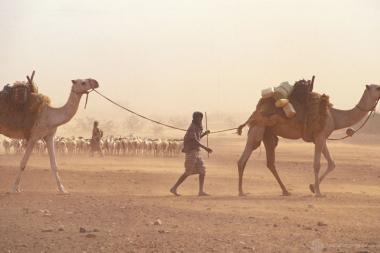Blog
Farmer-herder conflicts in Africa – dynamics and potential solutions
This blog presents the results of a systematic scoping literature review on farmer-herder conflicts in Africa and develops a framework with a pathway for future research on the subject.
Publisher Rural 21 - International Journal for Rural Development

Farmer-herder conflicts in Africa are receiving increased attention together with concerns over increasing and intensifying tension between the two groups. However, the question arises whether such concerns are really justified. A review of the literature suggests that there is indeed sparse robust evidence of such claims. This article presents the results of a systematic scoping literature review from the last two decades on that topic and develops a framework with concrete recommendations for future research.
Conflicts between farmers and herders are increasingly coming under the spotlight. For example, in 2018, the African Union Commissioner for Peace and Security Smail Chergui stated that “conflicts between herders and farmers on the continent take more lives than terrorism”, while a 2021 news article in The Guardian describes “violence linked to conflicts between farmers and herders across West and Central Africa has led to more than 15,000 deaths … half of those have occurred since 2018, most of them in Nigeria, which has created the country’s deadliest security crisis.”
Public domain literature often presents the topic with inflammatory language and labelling of particular groups. The Fulani, the largest pastoralist group in West Africa, are referred to as “strangers” or “aliens”, or as a public danger. Often, this group is conflated with known terrorist organisations. The Global Terrorism Index for 2015 claims that Nigeria is home to “two of the five most deadly terrorist groups in 2014; Boko Haram and Fulani militants”, using a catch-all term to describe the Fulani. Additionally, conflict incidents are presented inconsistently, with what is often a cacophony of causes and the farmers referred to as the victims and herders, with their pastoral, mobile way of life, as the assailants. Descriptions of the conflicts can be selective and tailored to particular actions or interventions, such as passing grazing bans to reign in pastoralists’ “indiscriminate grazing”, using degradation narratives to “legitimise and pave the way for agricultural investments and environmental conservation”, using scarcity narratives to justify decisions taken to better manage “underutilised” resources, securitising and politicising climate change by linking climate change-driven migration with violence and insecurity and, perhaps most dangerously, extremist groups and politicians using and manipulating farmer-herder grievances to further their own territorial or political objectives.
Read the full article on Rural 21 here.


